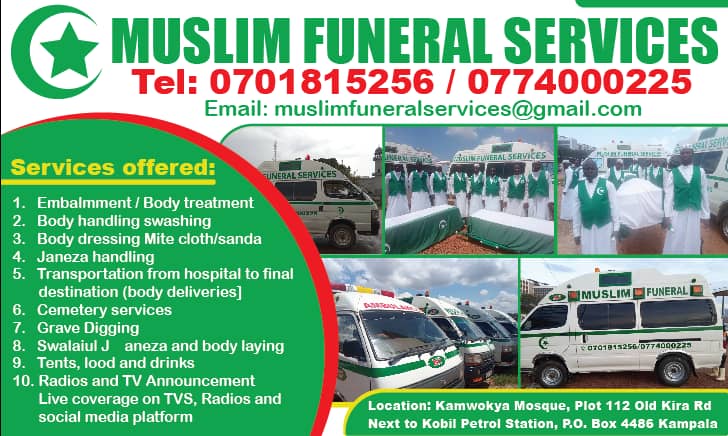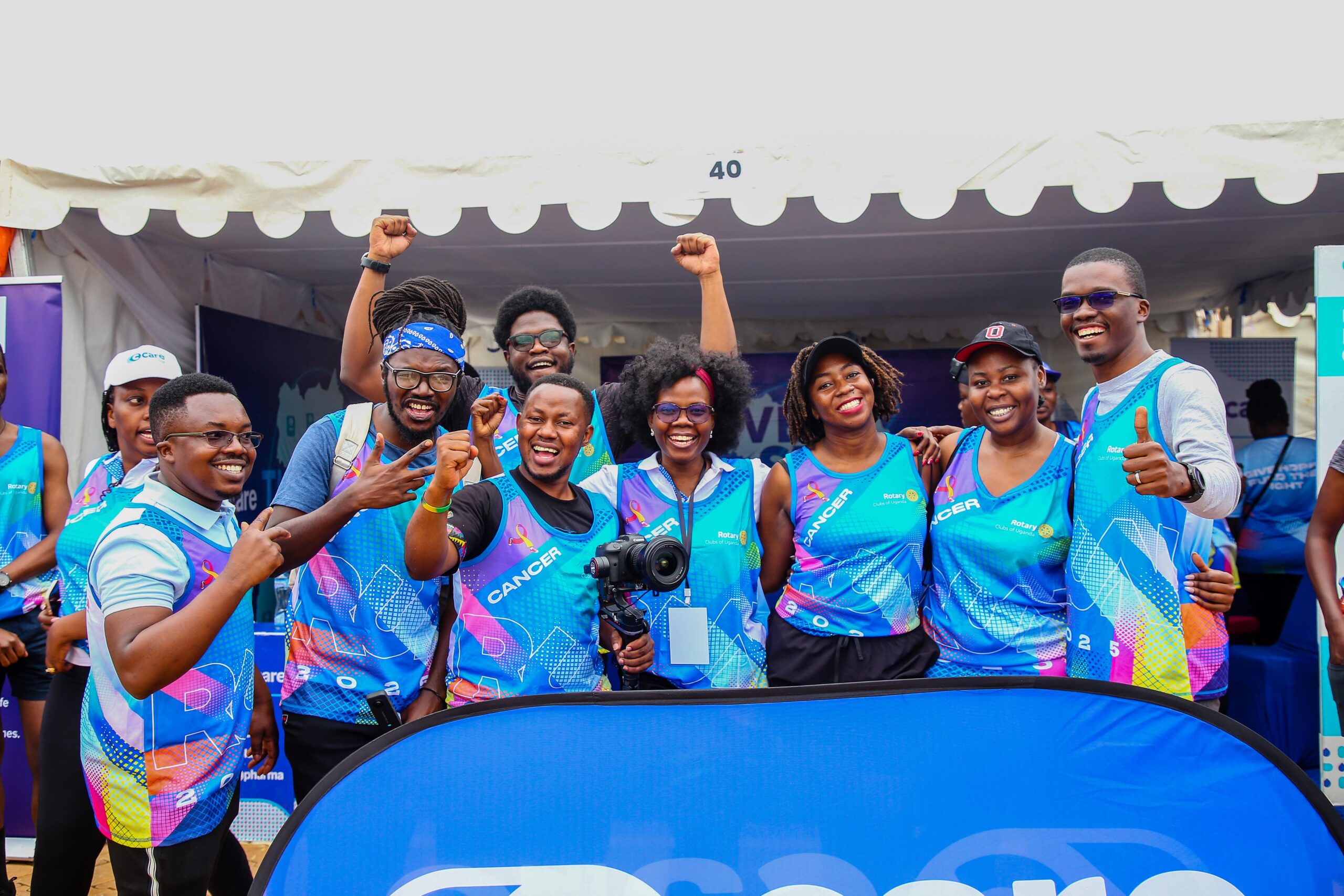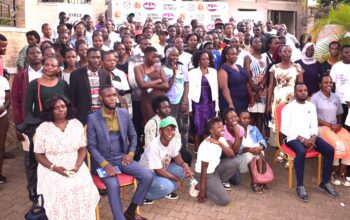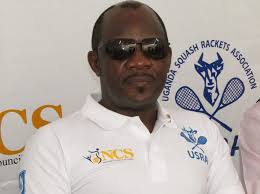The 2025 Rotary Cancer Run painted Kololo Independence Grounds in vibrant colors of hope as thousands laced up their shoes to take a stand against one of the nation’s greatest health challenges, cancer.
At the heart of this year’s run was C-Care Uganda, serving as the official medical partner, ensuring that every participant could run with confidence, knowing their health and safety were in capable hands.
The C-Care medical team provided everything from first aid and emergency care to hydration and post-run wellness checks.
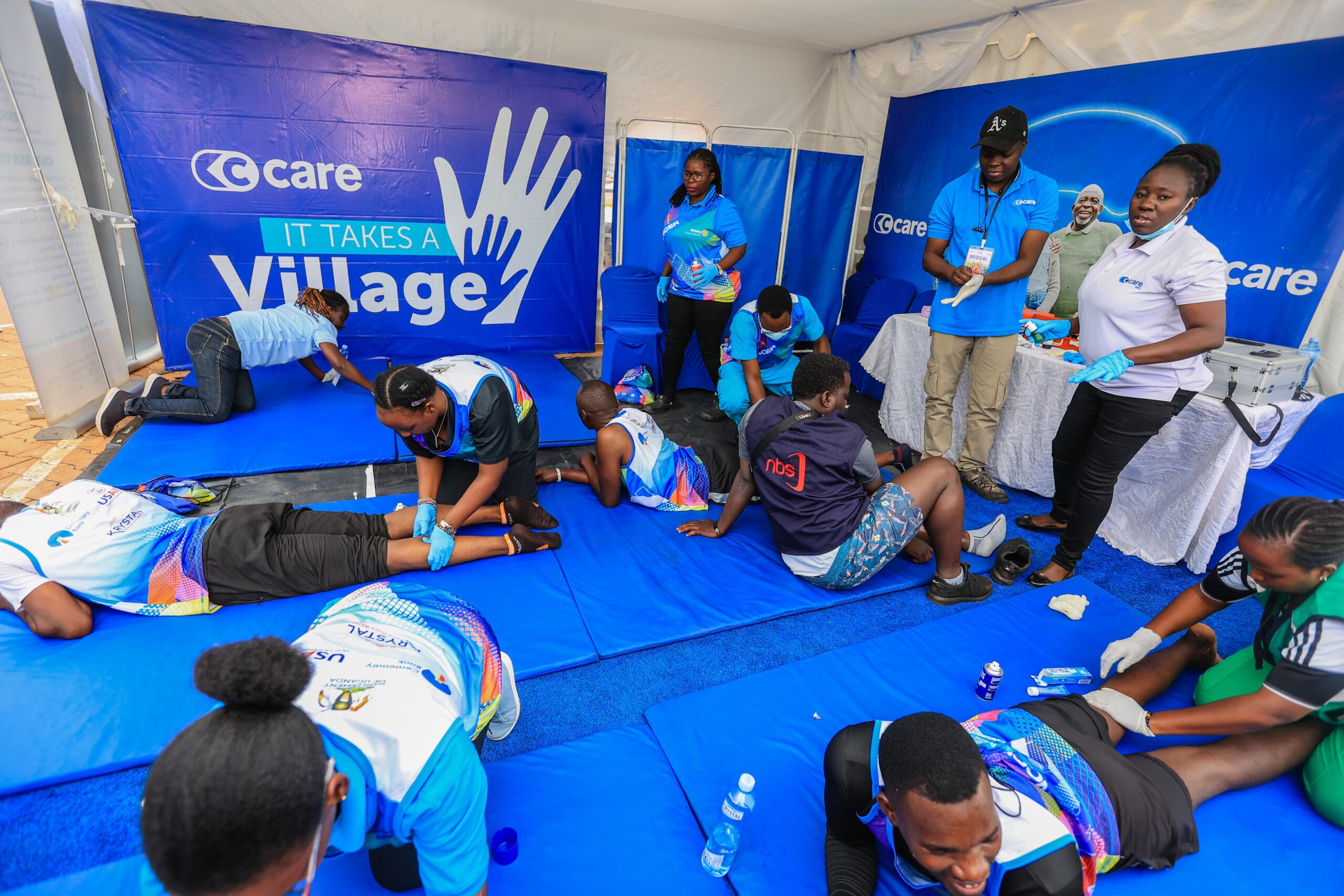
The medical tents buzzed with activity as the team attended to participants, embodying the spirit of service and compassion that defines C-Care’s role in the community.
This year’s run carried a mission of raising UGX 4 billion for the completion of a radiotherapy center at Nsambya Hospital, which will be equipped with two linear accelerator machines.
The center will mark a major milestone in the fight against cancer in Uganda, offering advanced treatment options to thousands of patients who might otherwise face limited care.
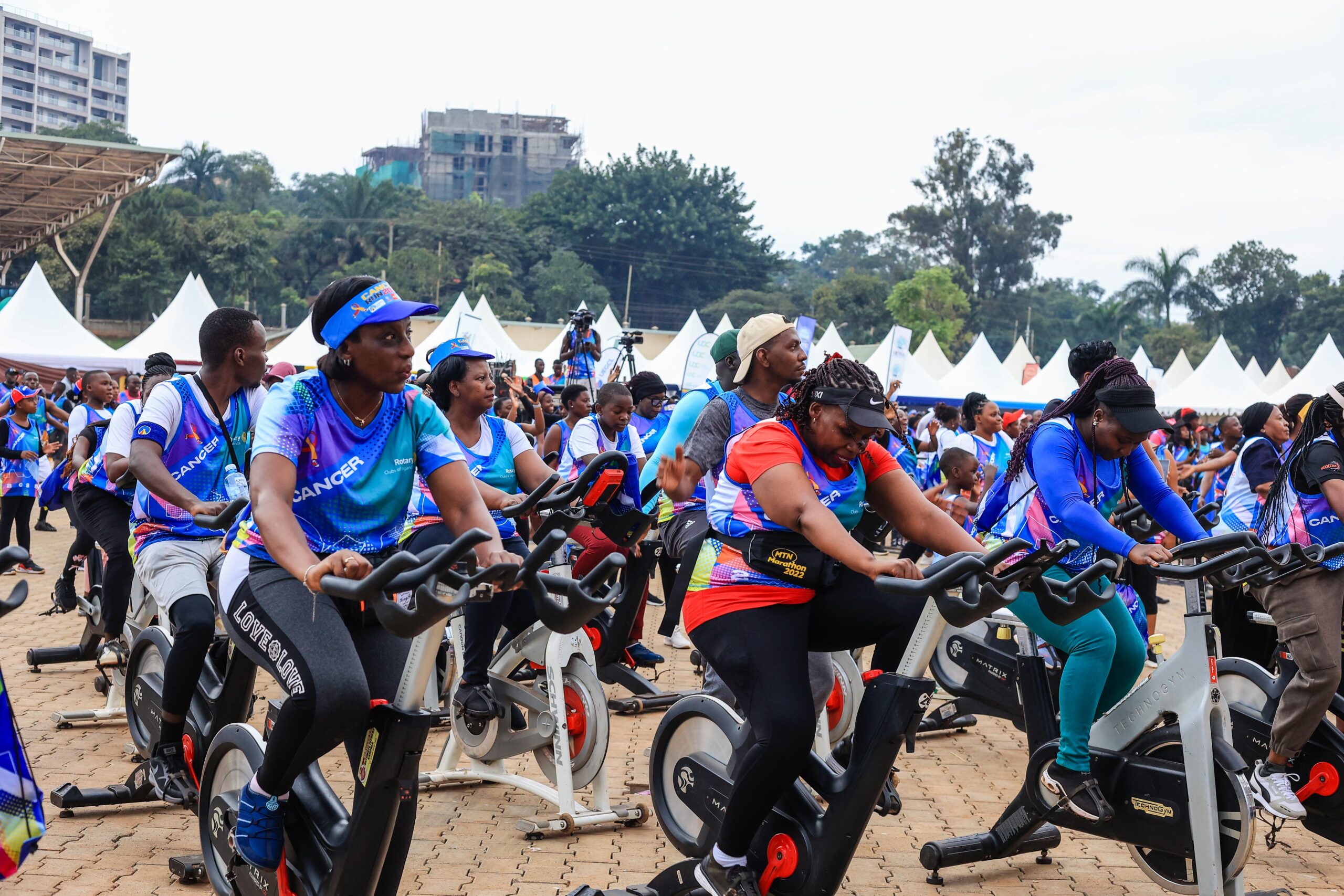
With cancer cases, particularly cervical, breast, and prostate cancers, on the rise, the need for such a facility has never been more urgent.
While speaking at the event, Sheila Aboth, Head of Brand and Client Experience at C-Care Uganda, reflected on the power of unity displayed at Kololo.
“The energy here today is truly electric. For C-Care, being the medical partner is about standing shoulder-to-shoulder with every runner, survivor, and family touched by cancer, together, we are proving that cancer is not invincible.” Aboth remarked.
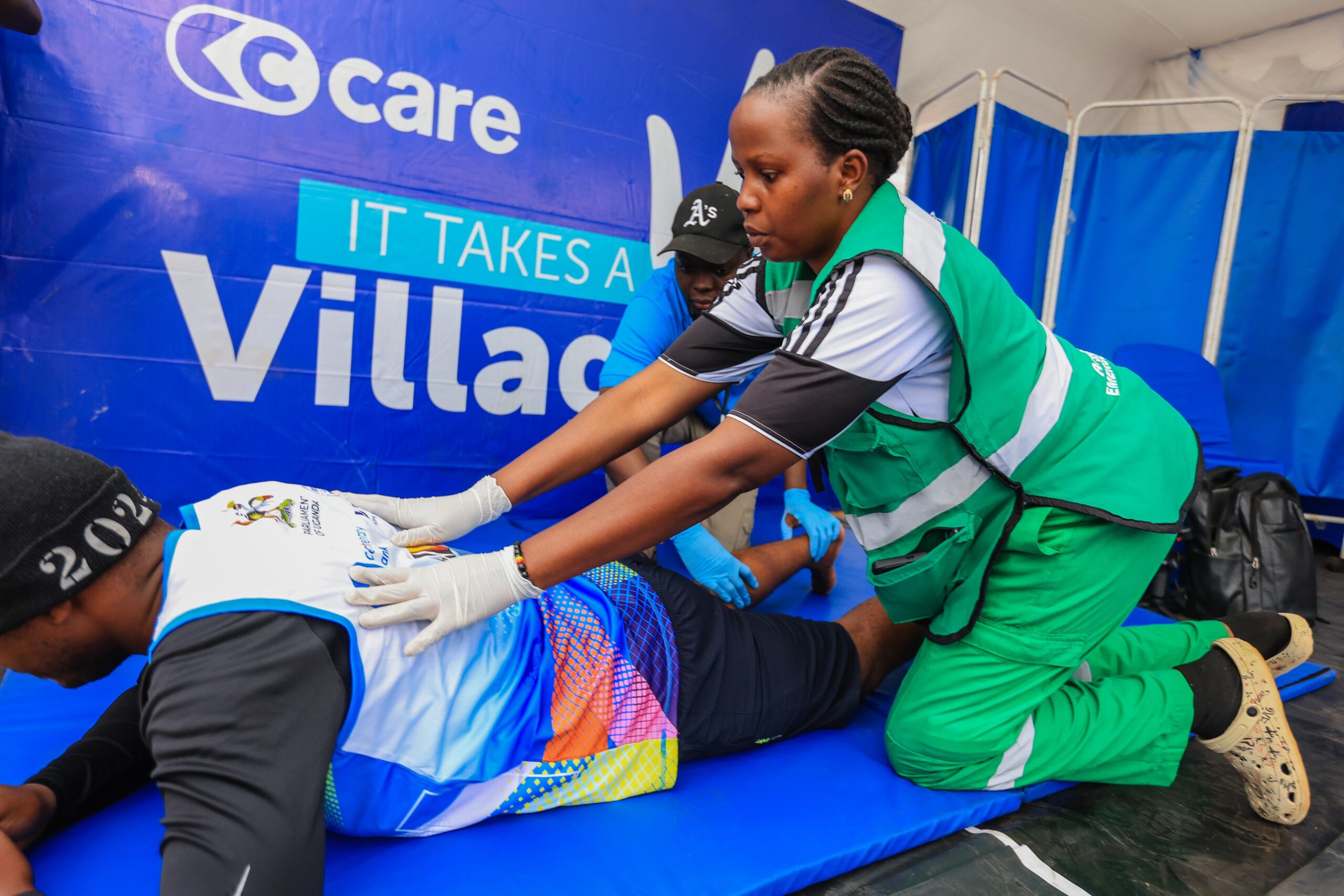
Dr. Miriam Mutero Musinga, General Manager of C-Care IHK, highlighted the deeper purpose behind the partnership. “Our collaboration with the Rotary Cancer Run reflects our mission of delivering trusted, world-class healthcare. The work our team has done here today is only a glimpse of the larger fight to raise awareness, drive early detection, and provide advanced treatment. It is a giant leap for healthcare in Uganda.”
The Uganda Cancer Institute reports that each year, nearly 33,000 Ugandans receive a cancer diagnosis, an alarming figure that emphasizes the pressing need to strengthen prevention, improve early detection, and expand patient support in order to reduce both new cases and cancer-related deaths.
